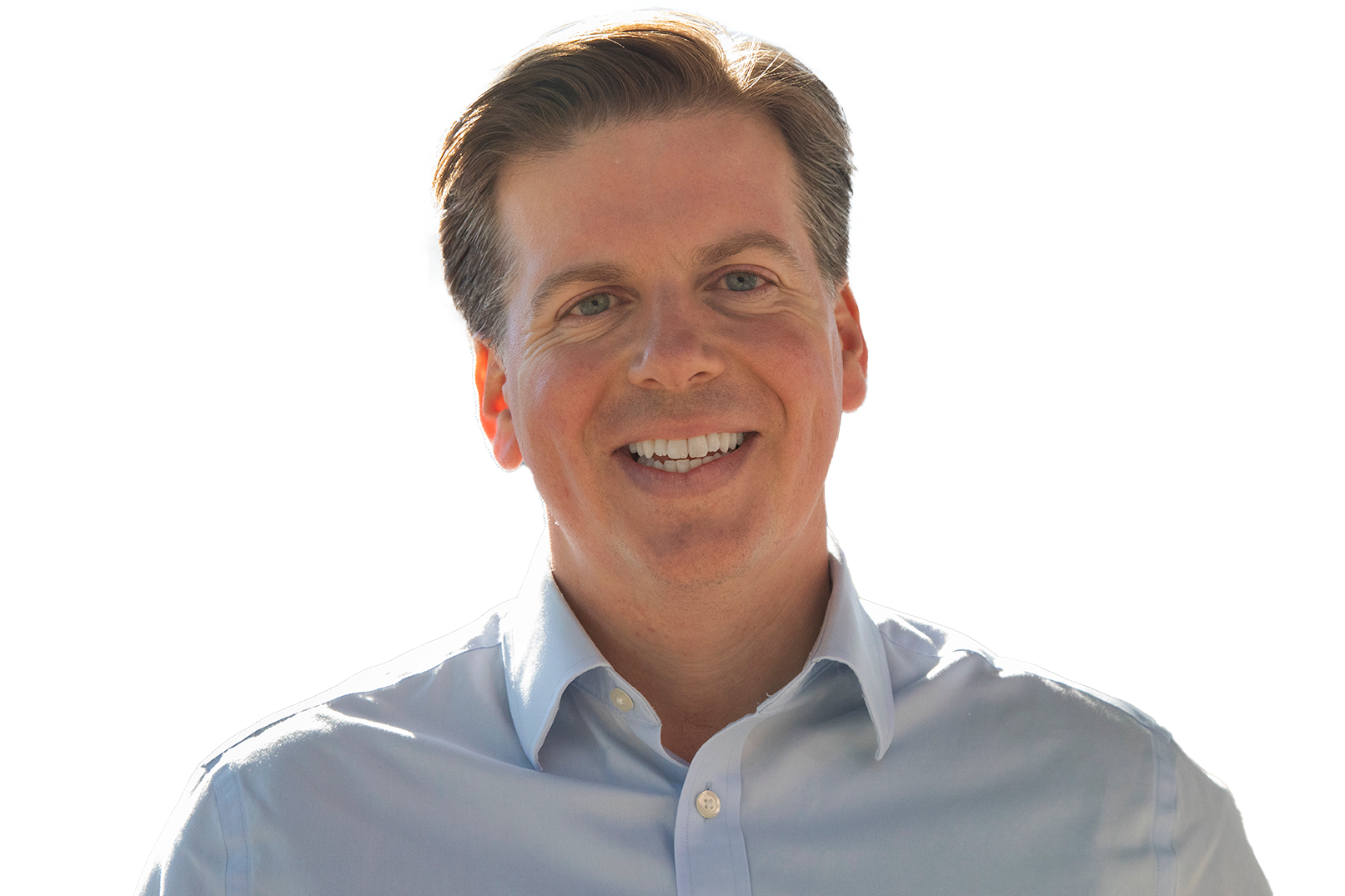Carroll Introduces Legislation to Fight Back Against Harm Caused by Non-Essential Helicopter Flights
Bill would impose a carbon emissions and noise tax on non-essential helicopter flights over New York City and raise $17.5 million for environmental projects
Brooklyn, NY – Assemblymember Robert Carroll (D/WF-44) announced today the introduction of A.3333-A, a bill taxing non-essential helicopter flights in New York City. This bill would impose both a carbon emissions tax and a noise tax. The carbon tax would be based on the Federal EPA “social cost of carbon” standard while the noise tax would be per seat ticket or per flight.
“The proliferation of helicopter flights over the City harm both our environment and our health,” said Assemblymember Carroll. “Helicopters spew out carbon at a rate as high as over forty times that of cars. With more people working from home helicopter noise complaints to 311 are at an all-time high and complaints from my constituents have increased substantially,” Carroll said.
The bill, which would apply to both “commuter” flights and tourist trips would also require that both the carbon tax and the noise tax will be individually listed on the receipts passengers receive.
“Taking a helicopter from Manhattan to JFK is the height of self-indulgence with no regard for one’s neighbors, fellow citizens, or the well-being of the City. When it comes to tourist flights, I know how important tourism is to the City, but I hope visitors will think hard about their choices,” said Assemblymember Carroll.
The bill calls for revenues raised by the taxes to be dedicated to the State’s Environmental Protection Fund, which supports projects that work to mitigate the effects of climate change, improve agricultural resources, protect the State’s water sources, advance conservation efforts, and provide recreational opportunities. Initial estimates suggest approximately $17.5 million will be generated in taxes in the first full year the bill is effective.
“I believe these nuisance flights should be banned, but until that happens a policy like this is needed,” added Carroll.
